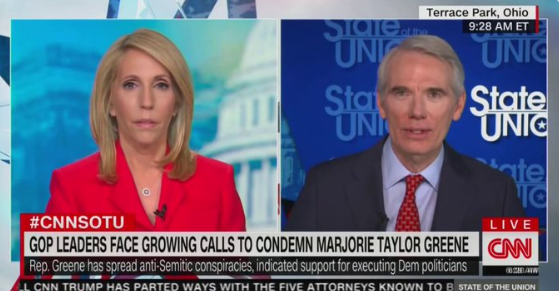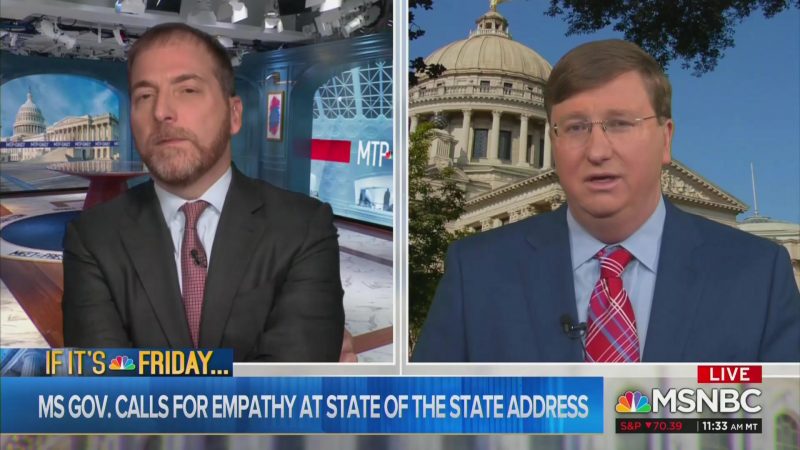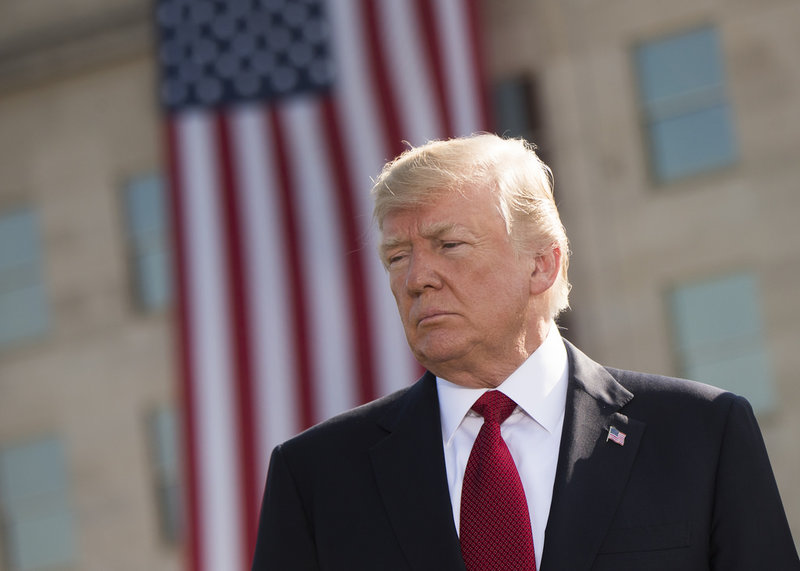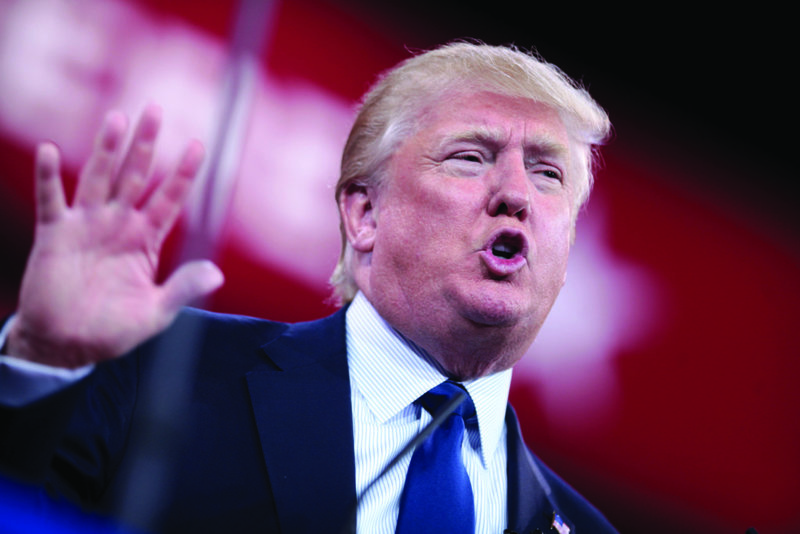Did Robert Mueller Confirm the Existence of Russian Blackmail Material on Donald Trump?
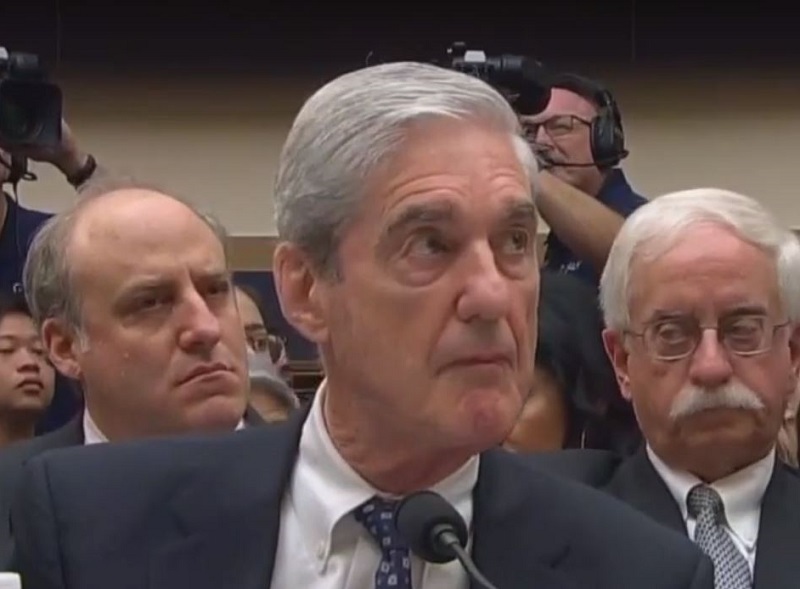
Over at New York, Jonathan Chait contends that Robert Mueller told Congress on Wednesday that Russia has blackmail material on President Trump:
Mueller agreed that, if a candidate lies about his dealings with a foreign country, that country can blackmail him:
KRISHNAMOORTHI: Individuals can be subject to blackmail if they lie about their interactions with foreign countries, correct?
MUELLER: True.
After that exchange with Illinois Democrat Raja Krishnamoorthi, Adam Schiff filled in the Trump-specific details with regard to the Trump Tower Moscow deal that has been the source of much intrigue during the two years of the Russia investigation:
SCHIFF: Well, let’s look at Dmitry Peskov, the spokesperson for the Kremlin, someone that the Trump organization was in contact with to make that deal happen. Your report indicates that Michael Cohen had a long conversation on the phone with someone from Dmitry Peskov’s office. Presumably, the Russians could have tape-recorded that conversation, could they not?
MUELLER: Yes.
SCHIFF: And so we have candidate Trump who’s saying, “I have no dealings with the Russians,” but if the Russians had a tape recording, they could expose that, could they not?
MUELLER: Yes.
It is not as definitive as Chait makes it sound, unless there is more solid evidence of a recording than either Schiff or Mueller let on. But this leads to an important conclusion:
To establish that Russia had leverage over Trump is not to say it had control over him. Trump is not a Russian agent. He does not follow orders from Russia. But Russia’s leverage does constrain his independence. If Trump breaks too deeply with Vladimir Putin, he knows Putin had, or has, the means to embarrass him. That blackmail leverage is a constraint normal presidential candidates do not have.
There has been a lot of hollering for the last two-plus years that Trump is some sort of Kremlin double-agent doing his master Putin’s bidding. This kind of paranoia is easy to mock, and it can discredit the entire investigation.
Chait’s analysis of this exchange between Mueller and Schiff lays it out very simply. Strip away the hysteria, and at the end of the day you are still left with Trump having a secret he wished to conceal. Not only that, but there was ample time and opportunity for Russians to collect evidence of that secret.
This exchange is not dispositive. And as Chait notes, Mueller was looking for criminal evidence against Trump and his campaign staffers. This blackmail leverage would fall under the purview of a counterintelligence investigation, which Mueller appeared to confirm is still ongoing within the FBI.
But it Chait is correct, then Mueller confirmed that there is space between the “Trump is a Kremlin stooge” talking point and that of the denialists who think it is an unproven and hysterical conspiracy theory. And in that space might be something that is almost banal in its simplicity, yet still explosive.
Unfortunately, the exchange came at the end of Mueller’s almost six hours of testimony, long after major media figures had set their narratives about a disaster for Democrats. But it seems the former special counsel left quite a few breadcrumbs lying out in the open.

